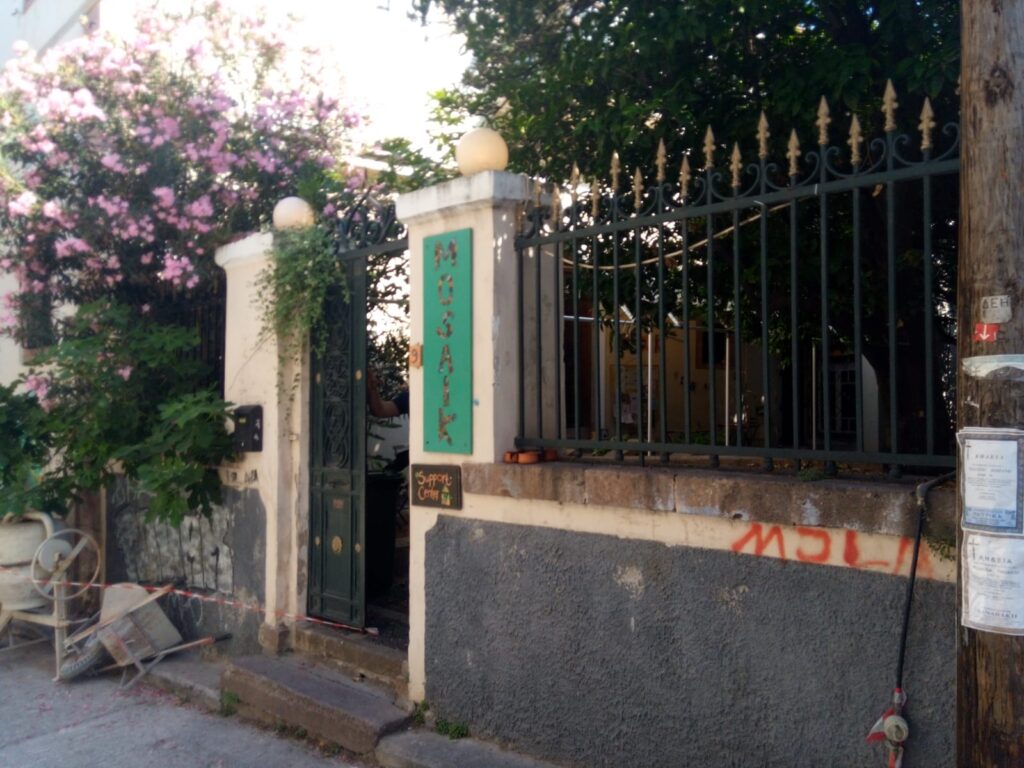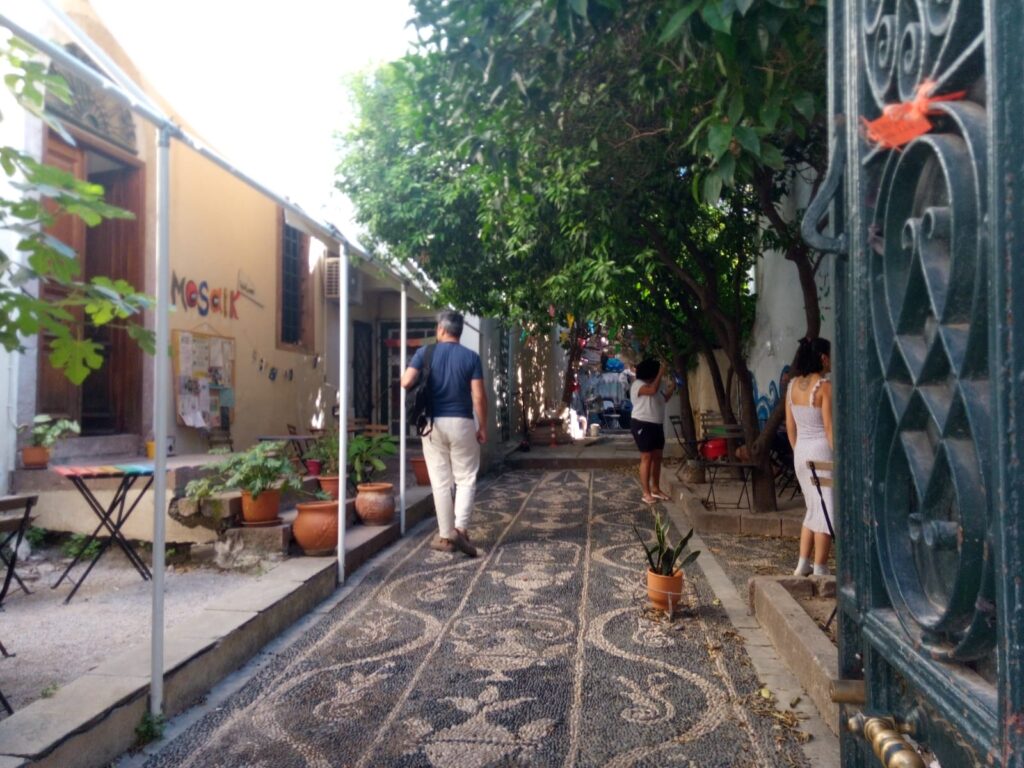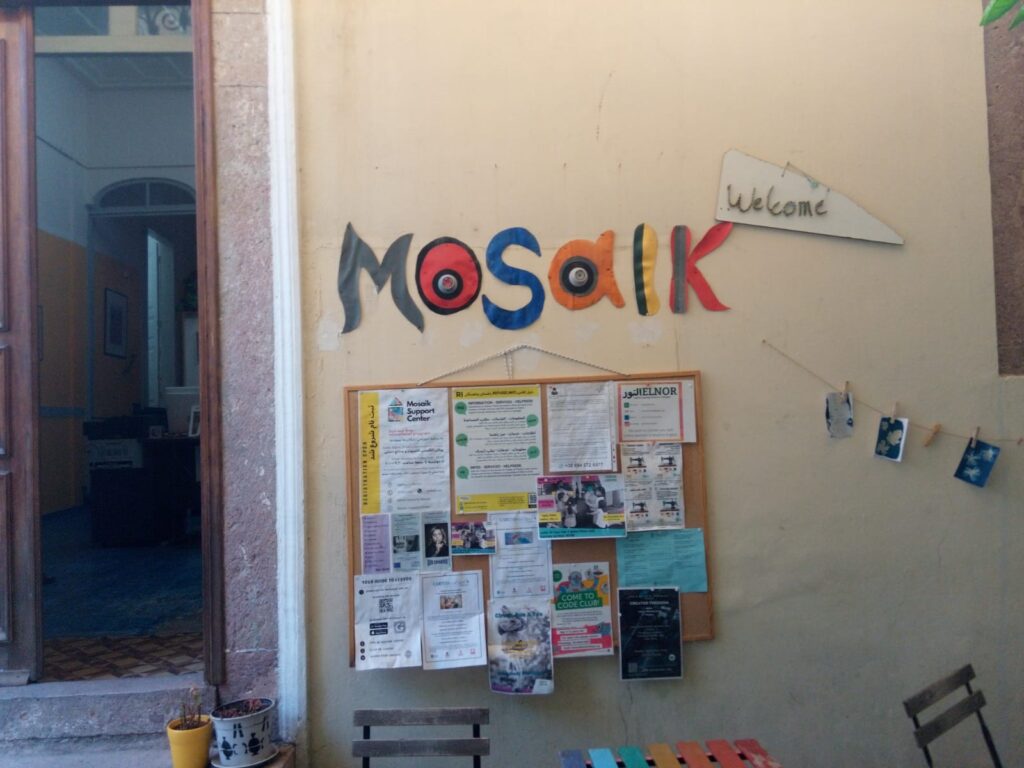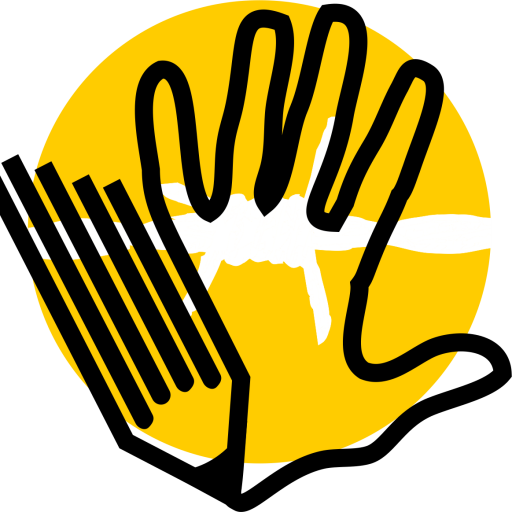DESCRIPTION OF THE PROJECT
One of the biggest differences between adult education and other training areas is the barriers they suffer and condition their learning. Adults have different vital situation from youth or other adults who are in higher education, as they are usually subject to greater burdens, physical, biological, and functional impairments, psychosocial effects (social or labor exclusion), and functional differences at the cognitive level (Mª Elena Cuenca Paris – 1989). Also, adults are much more vulnerable to the social crises that hinder their opportunities to achieve employment, educational, and social objectives even more. At times like the current state of emergency, they are the ones who suffer most from COVID-19, not only in the field of health, but in all other areas of their lives, especially in education.
In order to overcome these barriers for learning, it is essential to achieve the adaptation of content and processes to their characteristics, expectations, values, interests, and needs, so to motivate them in their studies, by providing innovative tools to turn education into a mechanism capable of providing significant improvements in all areas of their lives, especially offering opportunities to promote their motivation, socialization, and inclusion.
Motivation in adults is a key element for their learning, as it drives them to action, while guiding and engaging them, so it is necessary to preserve and create adequate conditions that spark both intrinsic and extrinsic motivation. Maturity has an important role in determining the motives that drive learning. According to Harold D. Stolovithc, (2011) there are three key ingredients to succeed in adult education: skills, previous knowledge, and motivation.
However, adding all these elements to the formal adult education is not easy. From the project “LEARNING BY HELPING: INCLUSIVE EDUCATION OF ADULT PERSONS THROUGH VIRTUAL VOLUNTEERING” we have established an innovative digital educational methodology that allows to overcome previous needs through digital volunteering for adults who need it and/or migrants or refugees with training needs for inclusion. This methodology have been reflected in the Intellectual Output of the project: O1 – LEARNING BY DOING, LEARNING HELPING: METHODOLOGICAL GUIDE FOR COLLABORATIVE AND INCLUSIVE LEARNING BASED ON DIGITAL VOLUNTEERING.
This project especially target two groups:
- European adults lacking basic and digital competences that decide to learn by more efficient volunteer service which also has a real impact on the migrant people that need it the most
- Adult refugees and migrants, to train their skills (language, digital, cultural, social, etc.)
Through an innovative digital environment that allows students to learn among peers, the educational competences established in the curricula of the partner countries can be developed, while actively collaborating to achieve the social inclusion of migrants and refugees by carrying out an impactful digital volunteering action.
All of this haven been done through the digitalization of the LEARNING BY DOING methodology through a virtual space that allows the development of the key competences of the participating adults. We structure learning not into training contents, but in a series of digital volunteering activities that make the students themselves develop the educational content, thus establishing a very effective collaborative learning among peers (peer tutoring) for this educational field.
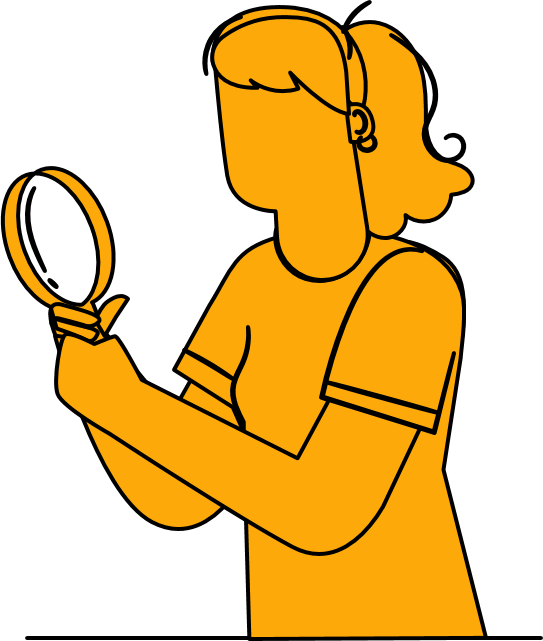
MAIN IDEA OF THE PROJECT
Generate an innovative training methodology where users learn contents matching the official curriculum for adult education through a digital volunteering process that proposes appealing situations and motivates them to learn while promoting the inclusion of other students and themselves.
This project have required an intersectorial and transnational partnership that gathers social entities, experts in the dThis project has required an intersectoral and transnational collaboration that brings together social entities, experts in the design of linguistic and educational materials, adult education centers from different EU countries and voluntary organizations that work with refugees and migrants to reconcile their training processes. It have had an impact throughout Europe and have generated a process of transnational solidarity that sensitizes and involves all European citizens regardless of the extent to which migratory flows affect them.
OBJECTIVES AND PRIORITIES
We believe that this project’s objectives are consistent with the priorities of UNESCO, the EU, and specifically the E+ Programme. Its priority objectives are:
- Promoting the development of social, civic, and intercultural competences, online security, digital well-being, and address discrimination, in line with the priorities of the Erasmus Plus Programme
- Achieving the full inclusion of refugees by training them for their integration and the creation of solidarity networks based on peer learning processes
It also intends, following the recommendations of UNESCO and the EU in education and inclusion, to:
- Generate an innovative process to train adults, which will combine the personal and social development of the participants
- Train adults’ digital skills through a methodology based on “learning by doing” and digital volunteering
- Certify formal and non-formal training to improve the employability of adult persons
- Contribute to the growth and strengthening of an intersectorial network
ACTIVITIES
TRANSNATIONAL MEETINGS
M1 – First Transnational Meeting: Le Puy en Velay – 03/11/2021: Held virtually due to the situation arising from COVID-19. This meeting was very useful to reach essential agreements for the project, but above all to establish links between the participants and begin the creation of networks of the strategic partnership. The evaluation of the preparation stage was also carried out at this transnational meeting.
M2 – Second Transnational Meeting: València – 07/07/2021: It was held at the Redtree Making Projects headquarters. The main objective of this meeting was to evaluate the progress made in the project and in the intellectual product, and also to define the index of the training itineraries of the methodological guide and the internal functioning of the virtual volunteering laboratory.
M3 – Third Transnational Meeting: Athens – 14/06/2022: This third transnational meeting of the project was held on-site in Athens, Greece. The main objectives of the meeting were the coordination of the activities and pending tasks still to be developed by each of the partner organizations, the evaluation of the activities developed since the last transnational meeting, and to finish defining and specifying the last aspects of the results of the project.
.
